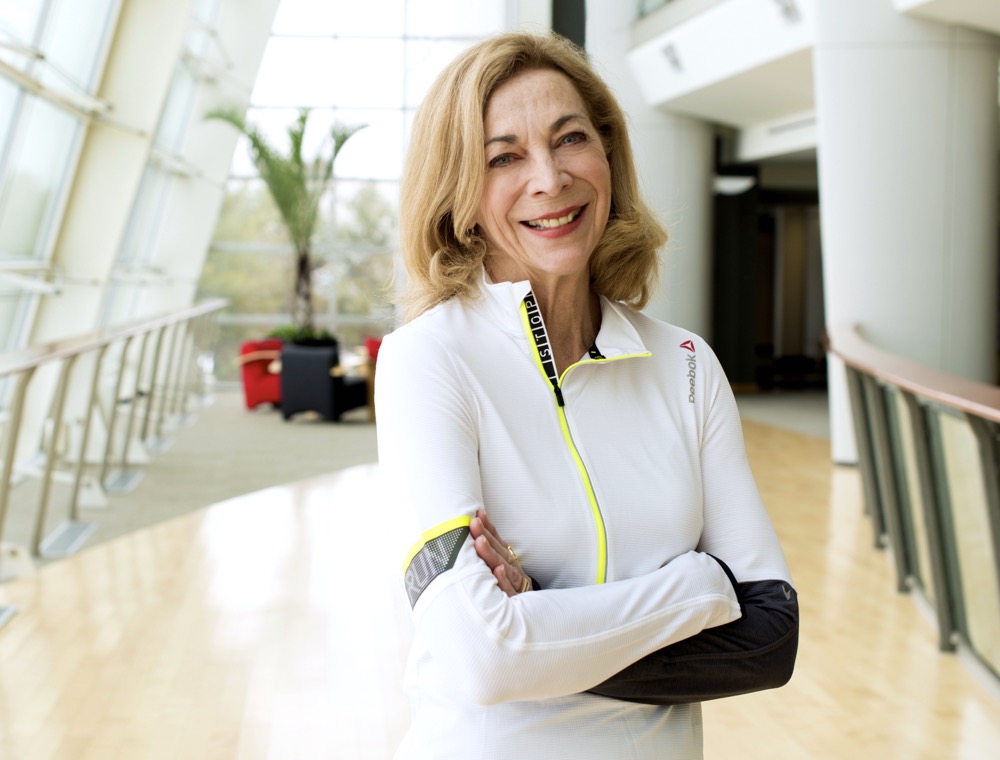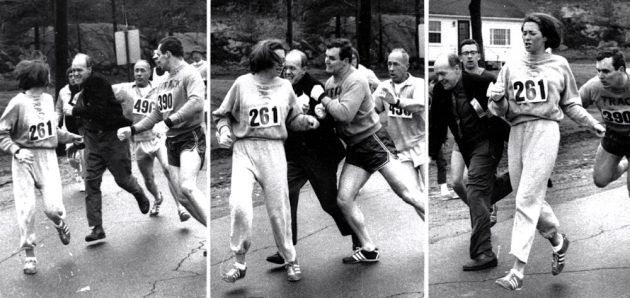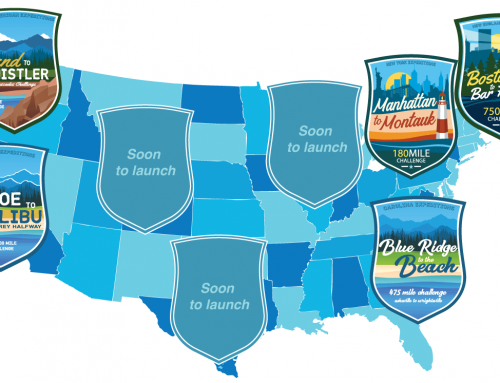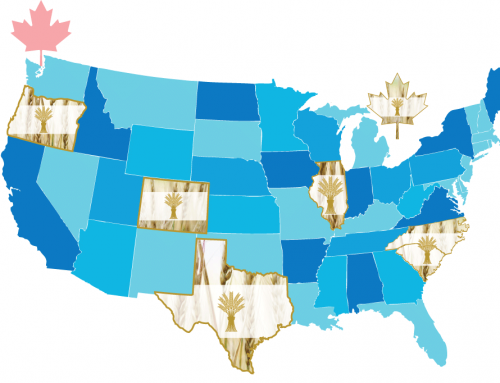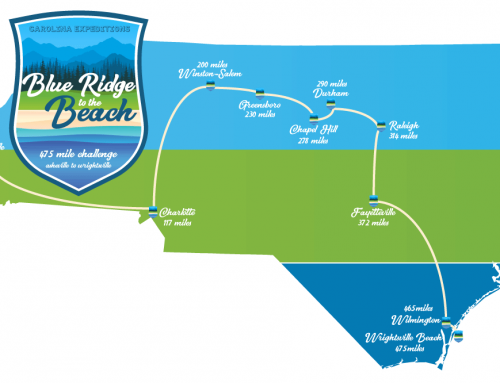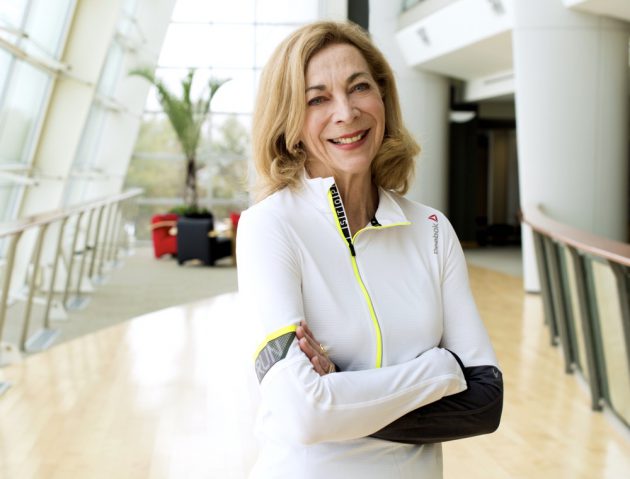 It started when she was 12. The mile a day that would change her life. The dad who encouraged his daughter without realizing he was altering her future. The feeling that came from putting one foot in front of the other.
It started when she was 12. The mile a day that would change her life. The dad who encouraged his daughter without realizing he was altering her future. The feeling that came from putting one foot in front of the other.
Empowerment. Her passion. Her purpose. Her legacy.
Kathrine Switzer was born in Amberg, Germany to American military parents. She grew up primarily in the Washington, DC area, the only daughter of an Army Colonel father and educator mother with an older brother who was a big influence on her life.
She made sports history in 1967 as the first woman to register for and complete the Boston Marathon at a time when the race was still a men’s only event. The photo of race director Jock Semple trying to forcibly remove her from the race course became one of Time-Life’s “100 Photos that Changed the World.”
The photo would change Switzer’s world as well. The Boston Marathon was only one of many athletic opportunities denied to her based on gender. The experience compelled her to became an advocate for women athletes and a pioneer in women’s athletics. Switzer lobbied the International Olympic Committee to make the Women’s Marathon an official event, which debuted at the 1984 Olympic Games held in Los Angeles. Her work has launched more than 400 women’s running races in 27 countries. She is a television commentator and successful author. In October 2015, Runner’s World magazine named her one of its “Top 50 Most Influential People in Running.” Her charity 261 Fearless – named for the bib number she wore in Boston in 1967 – is a global movement that empowers women through the vehicle of running.
In 2017 – 50 years after she made history – Switzer will again run the Boston Marathon, the first time in 41 years.
For more than a year – in addition to traveling, promoting her own nonprofit charity, and continuing to create opportunities for women to take the first step, both in running and in life – Switzer has been crossing the country and speaking to Girls on the Run programs, sharing her message of empowerment. “The sooner empowerment begins in any person’s life – but especially a little girl’s – she can grow up to be an empowered woman,” she said.
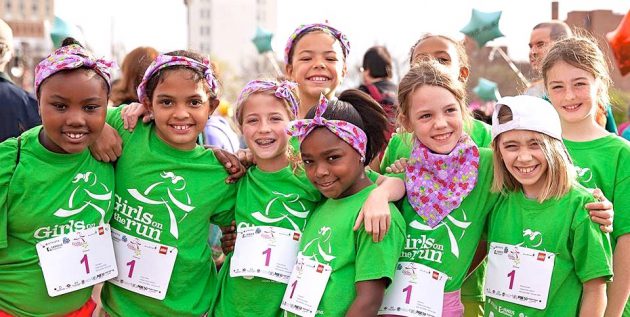 “What I love about Girls on the Run is the mutual understanding of the importance of empowering girls and women. My own charity – 261 Fearless – is like Girls on the Run for grown-up women. Women in the audience all understand what it’s like to be empowered, and they know how important it is for girls. Empowerment is way to grow. To overcome the impossible. To imagine the unimaginable.”
“What I love about Girls on the Run is the mutual understanding of the importance of empowering girls and women. My own charity – 261 Fearless – is like Girls on the Run for grown-up women. Women in the audience all understand what it’s like to be empowered, and they know how important it is for girls. Empowerment is way to grow. To overcome the impossible. To imagine the unimaginable.”
In November, Switzer will bring her message of empowerment to the Triangle as the keynote speaker for Girls on the Run of the Triangle’s Sweet 16 Gala on Saturday, November 12y, and Community Walk & Talk on Sunday, November 13. Information and tickets for both events are available at: http://www.gotrtriangle.org/get-involved/sweet16.
Serving more than 12,000 girls across the Triangle since its inception in 2000 and celebrating “16 years of lighting the way for girls across the Triangle,” Girls on the Run of the Triangle is a nonprofit, physical activity-based, positive youth development program (PA-PYD) for girls in 3rd through 8th grades. The curriculum is designed to develop and enhance girls’ social, psychological, and physical competencies to successfully navigate life experiences. Their mission is to create a world full of joyful, healthy, and confident girls acting on their values and opportunities. The primary goal of the program is empowerment and the experience-based curriculum is designed to help girls activate their limitless potential.
Like Girls on the Run, Switzer challenges people to take the first step, and encourages them to keep moving forward: “It’s about having to take that next step, and then you are fearless. What’s really great about Girls on the Run is you take someone who is shy, nervous, and you just give them the tools and the encouragement and the welcome to take the first step. Then they can take the second. So you say, ‘can you run a mile? Can you run two? Can you run a 5k?’ And they suddenly realize, ‘Oh my … I can do anything!’”
And like Switzer, Girls on the Run wants to create a generation of girls who grow up to be empowered women who will not think twice about running toward their dreams … one step at a time.


